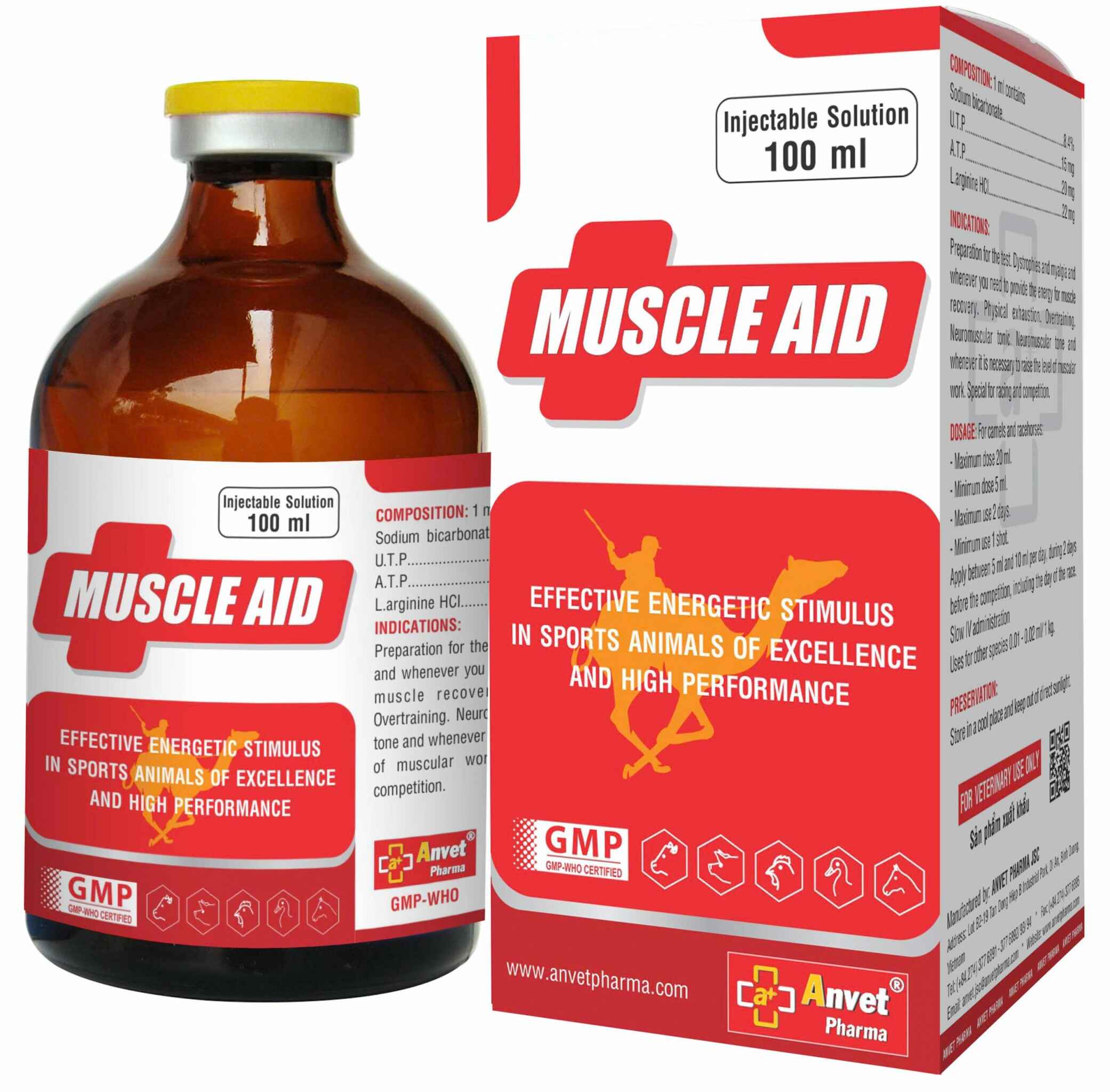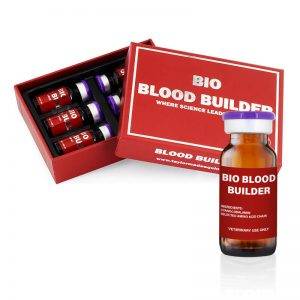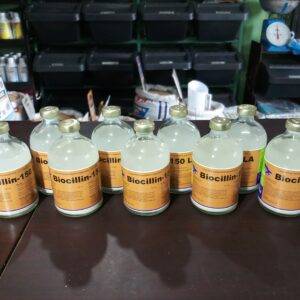muscle aid injection
muscle aid injection is a specialized supplement or topical solution designed to support muscle function, recovery, and overall performance in animals—most commonly in horses, dogs, and livestock. It is widely used in competitive, working, and rehabilitative settings to reduce muscle fatigue, promote healing, and maintain peak performance.
Muscle Aid is formulated to:
Enhance muscle recovery after strenuous exercise.
Reduce soreness and stiffness in performance animals.
Support healthy circulation and oxygen delivery to muscles.
Assist in rehabilitation after injury or illness.
For horses, Muscle Aid is popular in:
Racehorses post-training or competition.
Eventing and show horses for sustained performance.
Older horses to maintain mobility and comfort.
muscle aid injection Common Forms
Muscle Aid can be found as:
Oral supplements (powder, paste, or liquid) with amino acids, vitamins, and minerals.
Topical gels or creams for localized relief.
Injectable formulations (veterinary use only) for rapid support.
Key Ingredients
While formulations vary, common active components include: muscle aid injection
Amino Acids (BCAAs, L-Carnitine) – For muscle protein synthesis and energy metabolism.
Vitamin E & Selenium – Antioxidants to protect muscle cells from oxidative damage.
Magnesium – Supports muscle relaxation and prevents cramping.
Electrolytes – Maintain fluid balance and prevent dehydration-related fatigue.
Benefits
Faster muscle repair – Minimizes downtime between workouts.
Improved stamina – Helps maintain performance over long sessions.
Reduced lactic acid buildup – Decreases post-exercise soreness.
Better mobility – Supports flexibility and range of motion.
Administration & Dosage
Dosage depends on the species, size, and purpose of use. Always follow the manufacturer’s guidelines or consult with a veterinarian to avoid overdose, especially for selenium-containing products.
muscle aid injection Safety & Precautions
Avoid exceeding recommended doses to prevent nutrient toxicity.
Monitor for allergic reactions or digestive upset.
For competition horses, check regulatory guidelines to ensure compliance with anti-doping rules.





Reviews
There are no reviews yet.